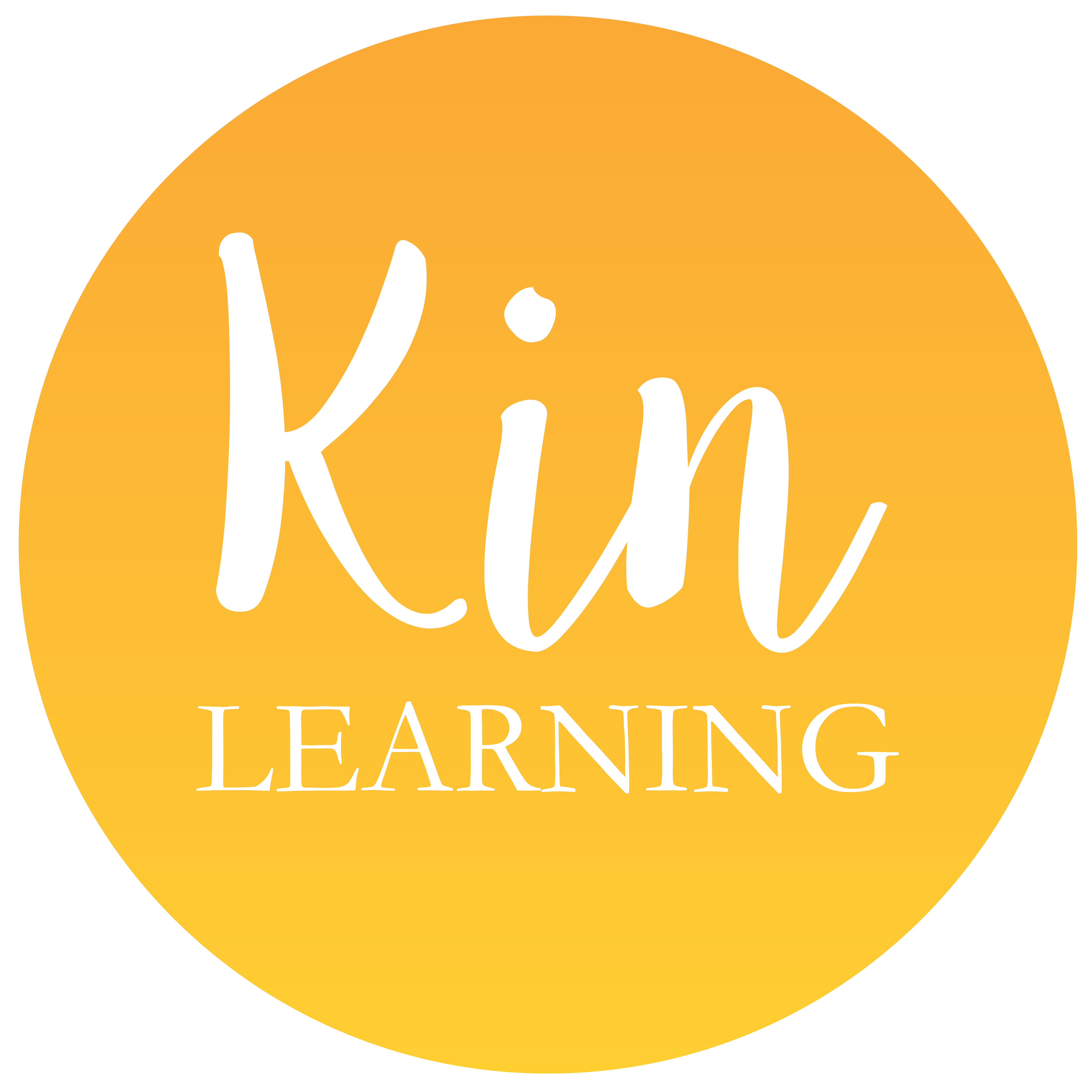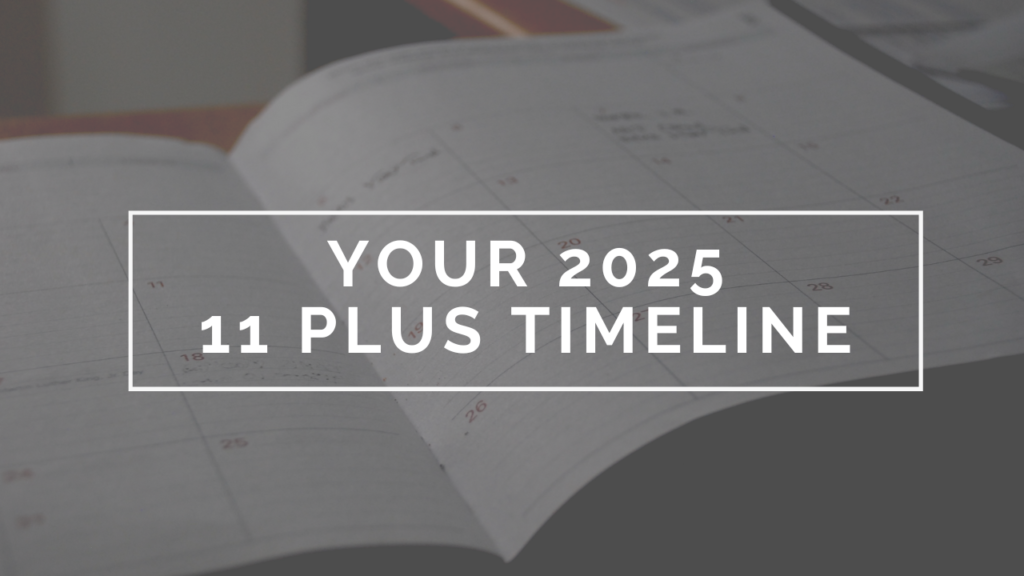January to March
Firstly, make sure your child has books in all of the relevant 11+ subjects. These typically include English, maths, verbal reasoning and non-verbal reasoning (see below for more detail).
Now is a great time to work on English as comprehension skills typically take longer to improve than other areas, such as maths and reasoning. Make a point of discussing comprehension passages with your child; ask them to summarise the passage, explain why they think the characters acted in the way they did and to predict what happens next.
Your child’s comprehension won’t improve if they don’t work on vocabulary so fit in some of this, too. Your child should maintain a word bank in their notebook and should regularly review any previously unknown words. They should add to the word bank when encountering new words in their reading. Fish! card game (available through Wordier) and weekly vocabulary classes are other popular ways of improving vocabulary in a short space of time.
From this point you should also be introducing your child to books of different genres. If your child refuses to read classic stories, they might be willing to listen to them via audiobook instead.
This is also a good time to double-check your child’s times tables knowledge. They should be able to quickly and easily answer questions up to 12 x 12 (without using their fingers!). If this knowledge is shaky, review times tables a couple of times a week as this knowledge is essential for the 11+.
Get our 5 Tips for Working on Vocabulary at Home
See Our Top 7 Recommended Free Podcasts for Kids
Books
At this point in Year 5, aim for your child to be on the 9-10 Bond/CGP books (at a minimum) and completing these papers independently with approx. 85% accuracy. While you may hear about other children starting practice papers at this time of year, it’s not necessary and doesn’t necessarily mean that those students will go on to have higher scores.
If your child is not yet on the 9-10 books, speak to your tutor about ways you can work together to help your child to progress more quickly.
Course Booking
You’ll need to start planning ahead so you can book any mocks or holiday courses that you’d like for your child to attend. Our Easter course is typically fully booked by early March and the summer course books up months ahead, too, so early booking is advised.
Study Skills and Concentration
At the beginning of the year, we don’t worry too much if children are working slowly in class or in their homework. Right now, children will still be encountering a lot of new content and this may be slowing them down. As the year progresses, we’ll focus more on picking up speed and ensuring that children are working quickly.
If you’re aware of any concentration issues at home or in class, now is a good time to get some Omega 3, 6 and 9 tablets, which improve brain function and concentration. We’ve seen enormous improvements in both behaviour and results when our students have taken these in the past.
April
Mock Tests
Friday, 11th April 2025
We recommend an April mock test for children that have been working towards the 11+ for at least 8 months. If your child started later than this, there will still be a few 11+ subjects that they haven’t covered yet and therefore their mock results will not be as accurate, or useful. For these students, a May mock test will probably be better.
If you’re not sure whether your child is ready for a mock test, your tutor will be able to provide you with personalised advice. If your child does not sit a mock test over Easter, they can still use this time to work through their Bond books and revise the work they’ve done in recent months.
Easter 11+ Course for Years 4 and 5
Tuesday and Wednesday – 8th and 9th April 2025
Tuesday and Wednesday – 15th and 16th April 2025
Each day runs from 9:30 am to 1 pm.
During the April holiday period, we’ll be running our annual Easter course (children can do either 2 days or 4 days). Here, children will revise some of the topics they’ve already covered, complete problem-solving work and learn new exam techniques.
By this point in the year, our Summer School will be booking up fast so make sure your place is reserved if it isn’t already.
General Knowledge
The holidays are a great opportunity to build your child’s general knowledge. This will help with their comprehension and problem-solving ability in maths and verbal reasoning.
At home, baking and completing puzzles are hugely helpful for the 11+. Children often struggle with metric measures and understanding scale and these are easy, fun topics to cover at home. Use the holidays as an opportunity to familiarise your child with their weight and height (so they can use this as a reference point) and find out how far they travel to school and how many miles/kilometres away some of your relatives live.
May to June
Classes and Practice Papers
It’s more important than ever to attend your assigned class regularly and to complete all homework (even during busy weeks!). Typically, your child will start to work on practice papers during this period but don’t worry if they haven’t started these quite yet. They can still succeed in the 11+, even if they don’t start practice papers under the end of the school year.
When purchasing practice papers, it’s important to consider which exams your child is sitting and where your priorities are. In May of each year, we send round a list of recommended practice papers by school to Kin Learning customers.
Mock Test and Summer Holiday Planning
May Half-Term Mock Test:
Sunday, 11th May 2025
If your child hasn’t completed a mock test with us yet, it’s a good idea to attend a May half-term mock test at this point to guide your work throughout the summer term.
If you’re planning summer holidays and activities, try to plan in a way that gives plenty of time for both work and play. If you’re planning to go away for more than a week, bear in mind that you’ll most likely need to act as tutor whilst you’re away so you don’t lose the momentum you’ve gained throughout the year.
Applications and Open Days
Applications for 11+ schools tend to open between April and June and stay open for about a month. Keep an eye on these dates as late applications will not be accepted. Due to problems with cheating, many schools now require parents to send in a passport photo with their application. You may need to put aside some time to arrange this.
Open Days will also begin around this time (although the Newstead Open Day is always in September, the week before the exam). Schools like Olave’s will have practice papers for sale that are different to the papers online so be prepared to take cash to purchase these on the day.
July to August
Aim to complete or review one practice paper each weekday during the summer. This should take 40-50 minutes to complete. If you’re going on holiday for an extended period, bear in mind that you’ll still need to stay on top of revision during this period. This may seem harsh but approach it with a positive attitude, your child will most likely follow suit.
After an hour of work in the morning, you can forget about the 11+ for the day and pack in as many fun activities as you like.
11+ Summer School
Monday to Thursday – 28th July to 31st July 2025
Monday to Thursday – 11th August to 14th August 2025
Tuesday to Friday – 26th August to 29th August 2025
During the summer holidays, you may wish to book 1, 2 or 3 weeks of our summer school and/or regular lessons. This course sells out every year so do book early if you’d like to join us.
Our team will also be available for ad hoc classes throughout the summer to make sure your child gets all the help they need. You will receive booking information for these classes during the summer term.
Remember, now is not the time to cut back and relax. The work your child does over the summer can make all the difference to their scores – they can get much higher or much lower! Of course, your child will need a break at some point so try to plan some fun activities as well as making time for study.
LEARN MORE ABOUT SUMMER SCHOOL
Summer Mock Tests:
Saturday, 19th July 2025
Friday, 1st August 2025
Saturday, 16th August 2025
If your child hasn’t already sat a mock test this year, we strongly recommend an early summer mock exam. These results will guide the content of our summer lessons with your child and will also serve as a guide to how much work your child should be doing at home.
In addition to providing useful academic guidance, the exams give us a chance to see how your child copes under exam conditions.
September
It’s exam time!
The 11+ exams usually kick off at the end of the first week of September. The Kent exam will be first, then Bexley, Olave’s and, finally, Newstead (usually on the last Friday of the month). Consider any extra-curricular activities in advance and decide whether you want to take a break for a few weeks to give your child time to focus on their exams.
October
An indication of your child’s results should arrive in mid-October, however, this is not usually a guarantee of acceptance. You will need to complete the Common Application Form (CAF) by the end of October in order to state your school preferences. You will be told of your child’s assigned school in the first week of March 2024.
For full details of the admissions procedures, see our “Ultimate Guide to the 11+” e-book.
For more information on completing the secondary schools application form, you can watch our online Q&A session here.

